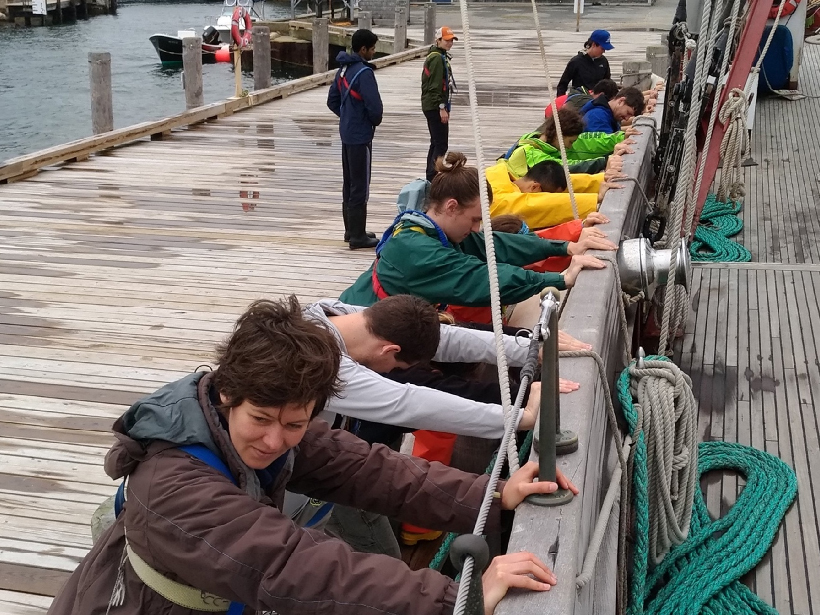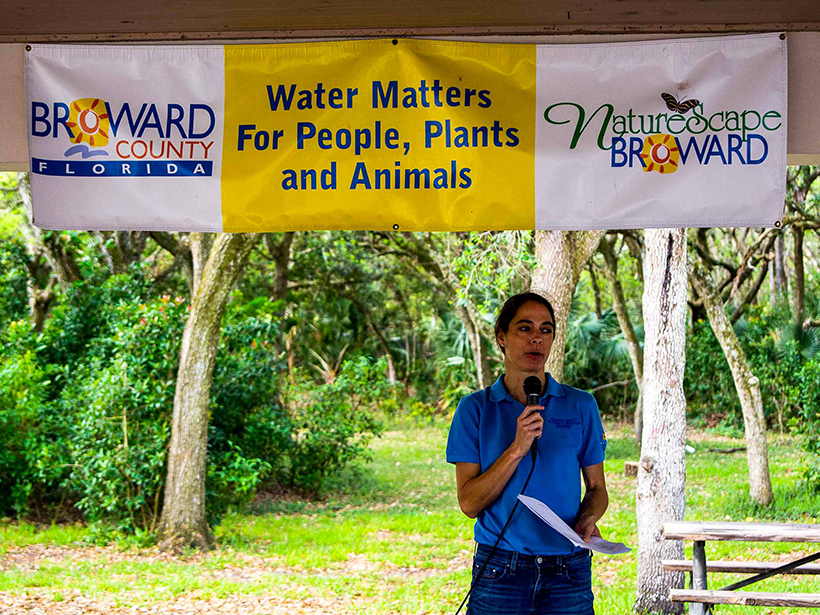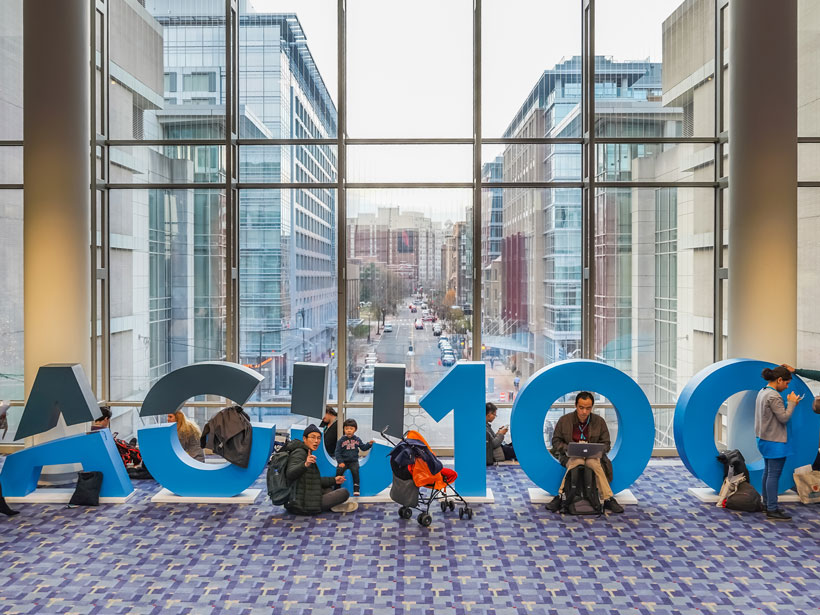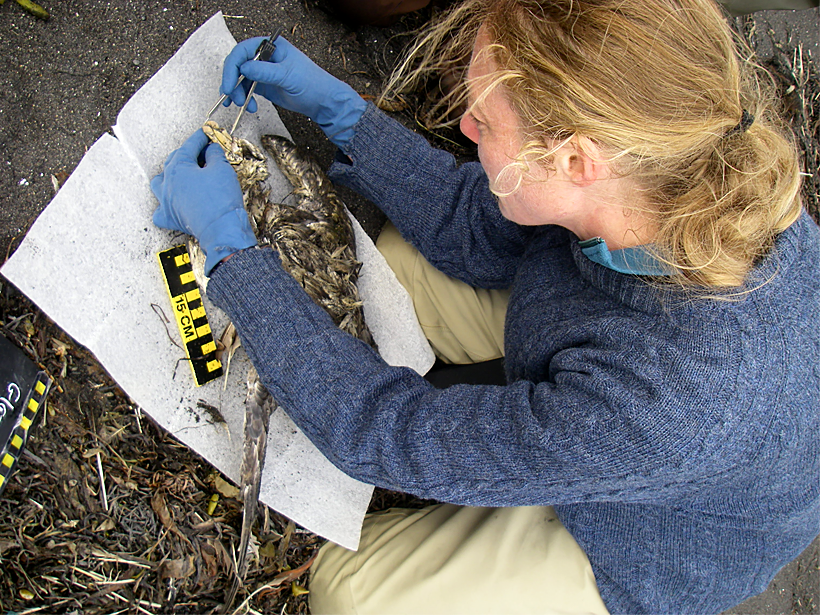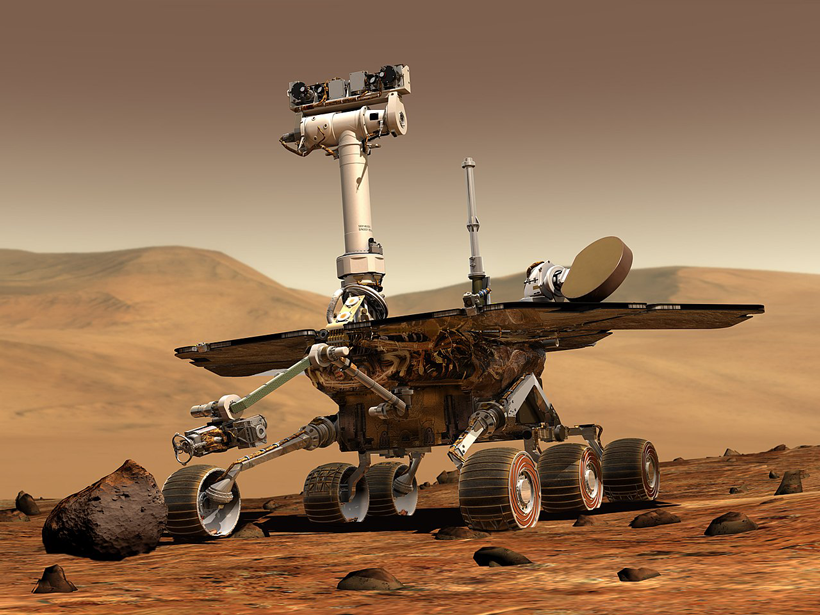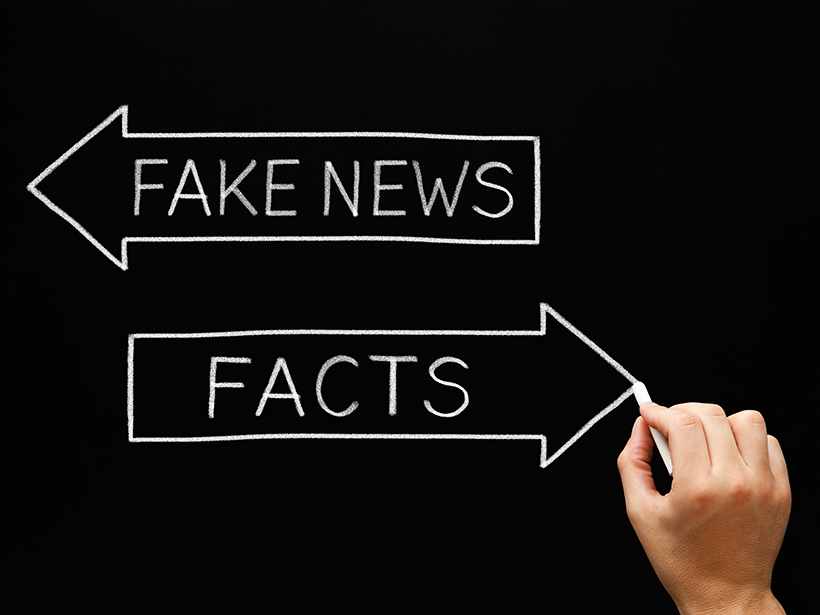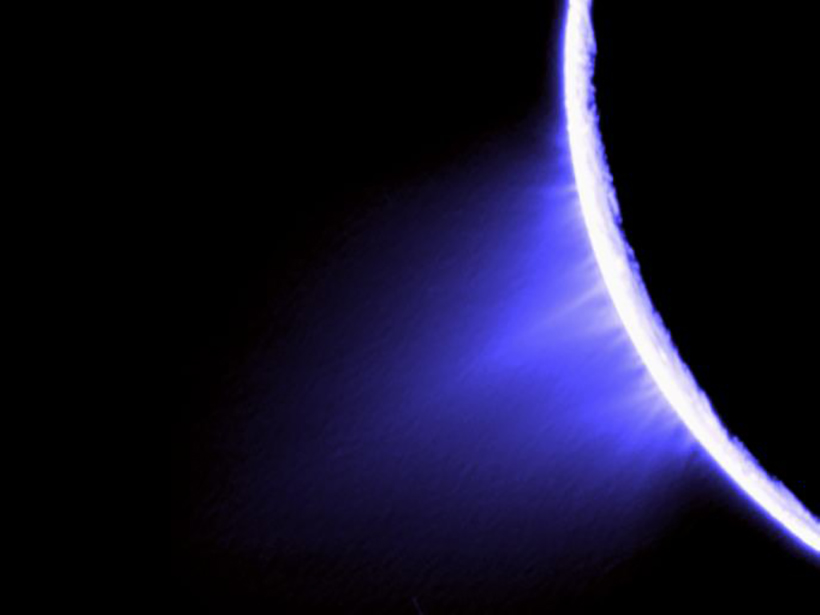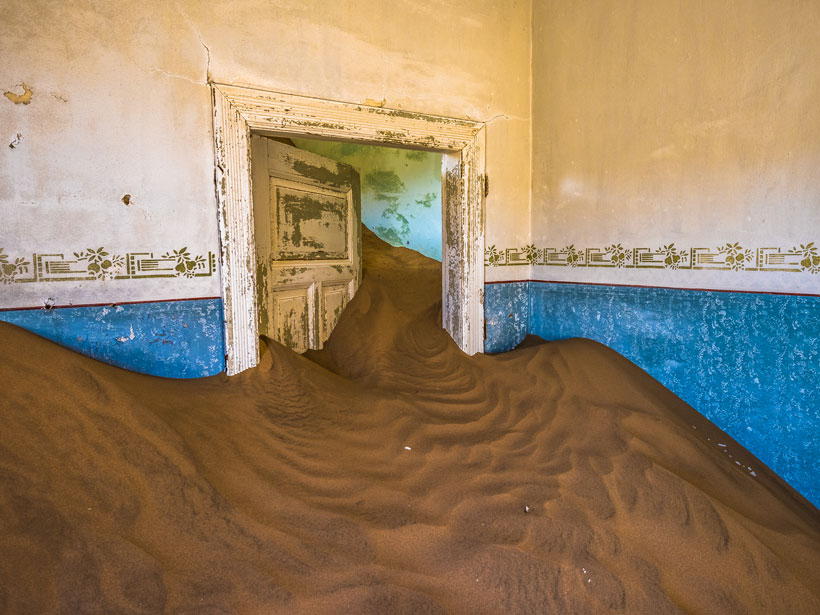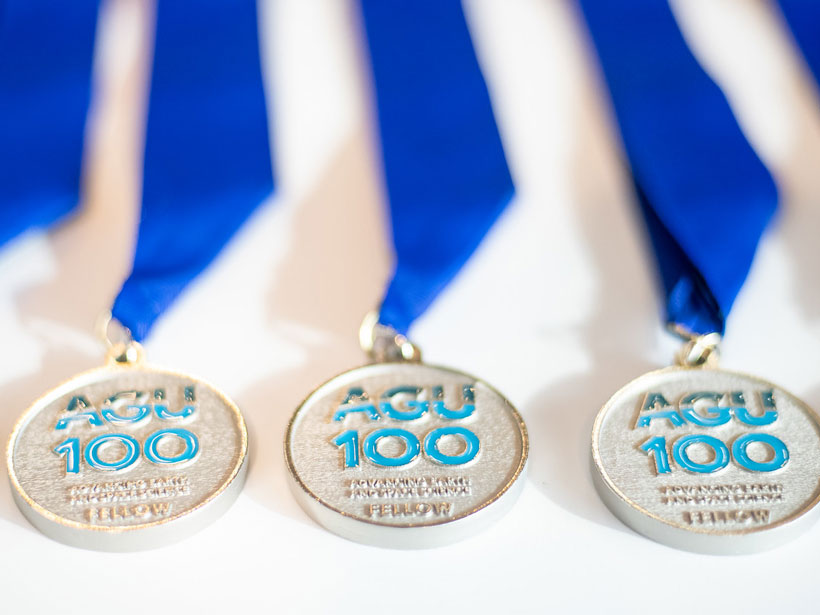Attracting and retaining women in the sciences require action on all fronts: stopping outright harassment, changing institutional cultures, and ensuring that women are included, recognized, and heard.
Opinions
Careers in Community Science
Community science brings scientists and communities together to solve local challenges. What are the career paths in community science, and what opportunities might the future bring?
Caregiver Awards Support Early-Career Researchers
To celebrate AGU’s first 100 years, the Biogeosciences Early Career Committee looks toward the future by offering caregiver support to early-career conference attendees.
Science in This Century Needs People
An ecologist built an army of beach surveyors over 20 years and now has the world’s largest data set of marine bird mortality informing climate change and disaster studies.
Rest in Peace, Spirit and Opportunity
A scientist on the rover team offers a remembrance of two intrepid explorers.
Let’s Start Teaching Scientists How to Withstand Attacks on Fact
We need to imbue students with a central value: Adherence to the scientific method is, in itself, good citizenship.
Looking Down to Reach to the Stars
Discoveries deep beneath Earth’s surface drive planetary exploration, and discoveries on other planets inform our understanding of the world beneath our feet.
Will the Desert Darken Your Door?
Wildfires are becoming more common as climate changes. So too are the arid landscapes that spread in their wake.
Luna B. Leopold: Geoscience Pioneer
He conducted river morphology research based on systematic and reproducible measurements, pushing fluvial hydrology to become a more quantitative science.
Incentivizing Equity and Diversity in AGU Honors Nominations
These five common myths persist about nominating your colleagues. AGU can pursue several methods of ushering in change more quickly.

